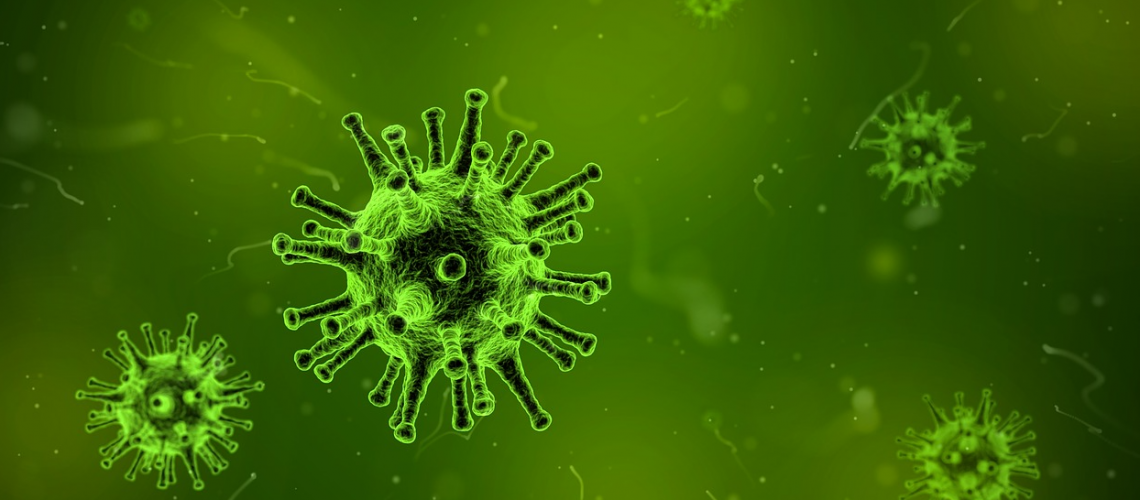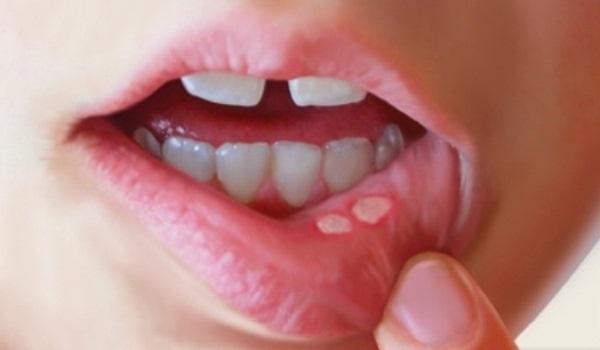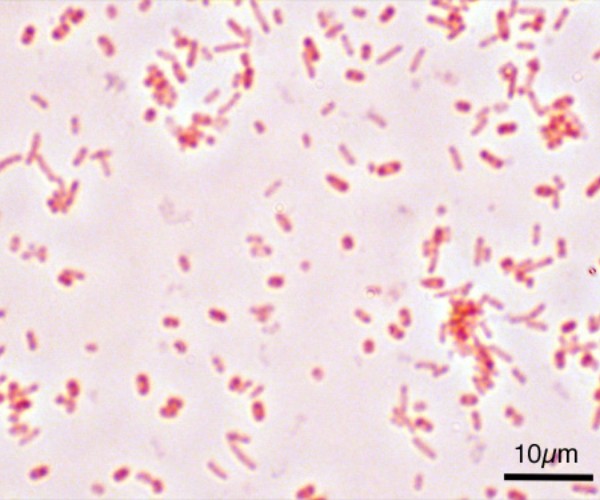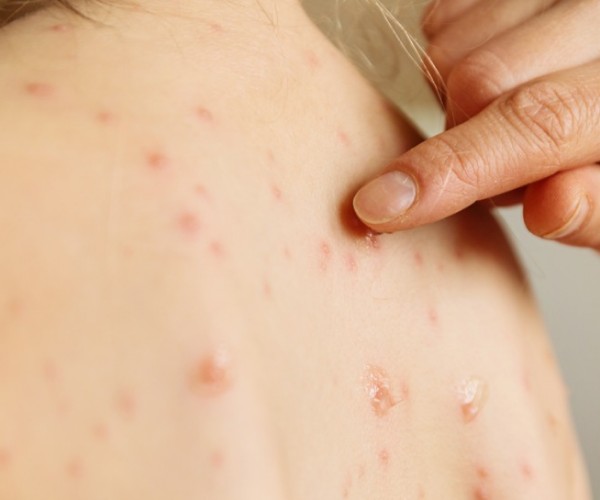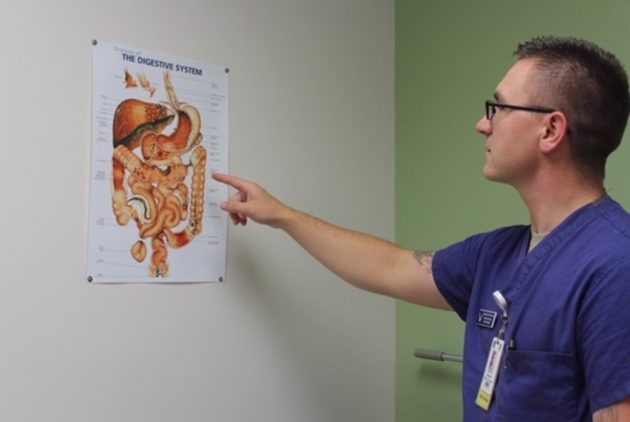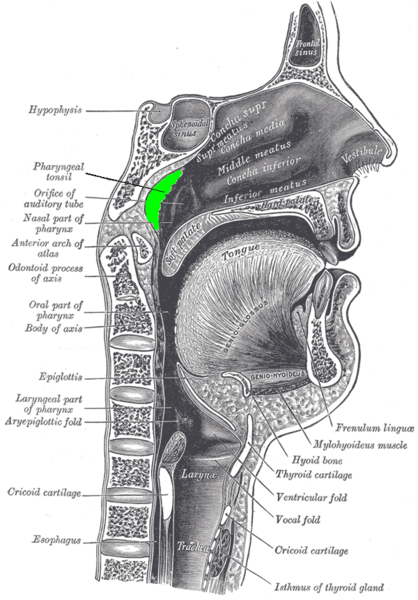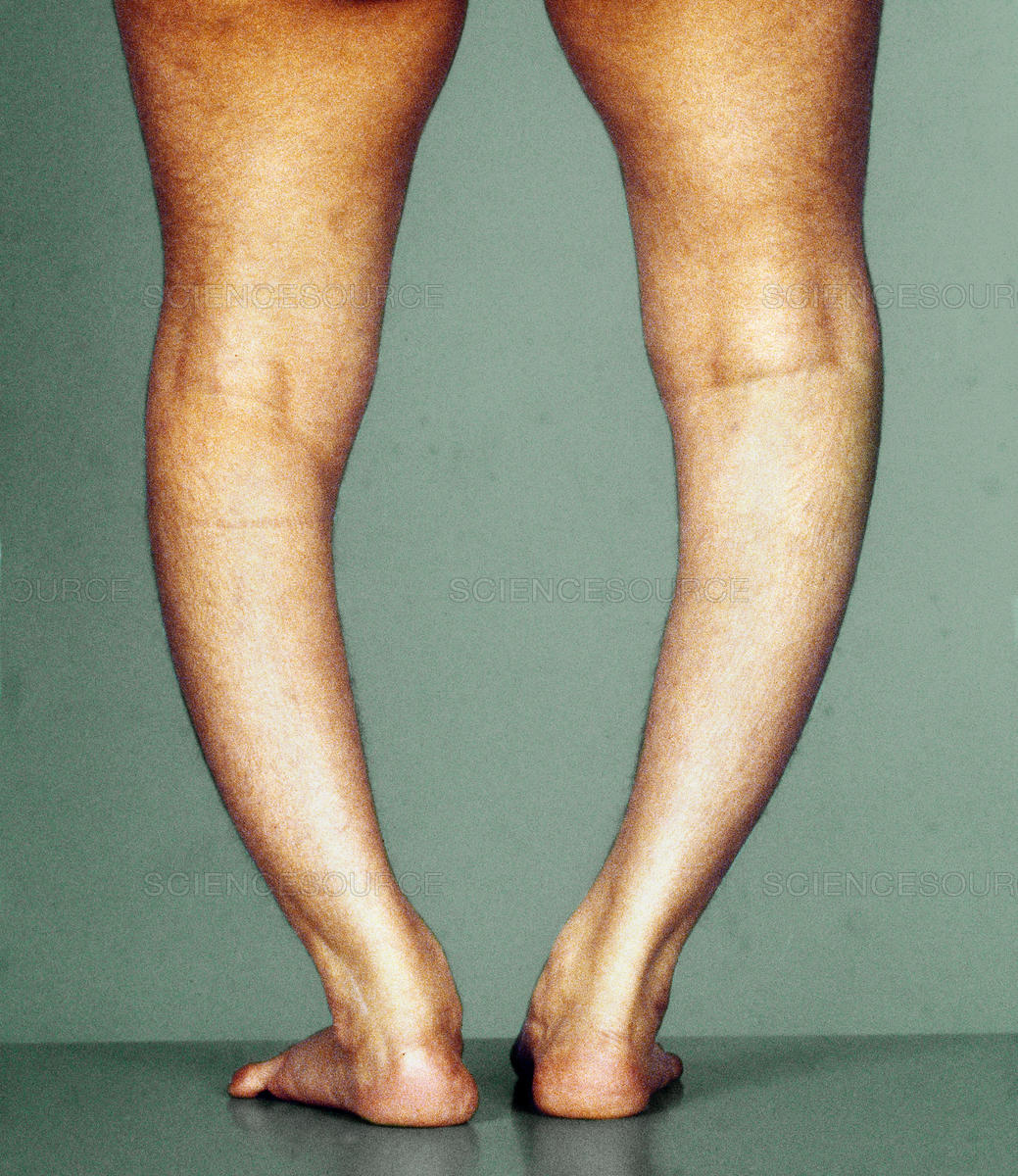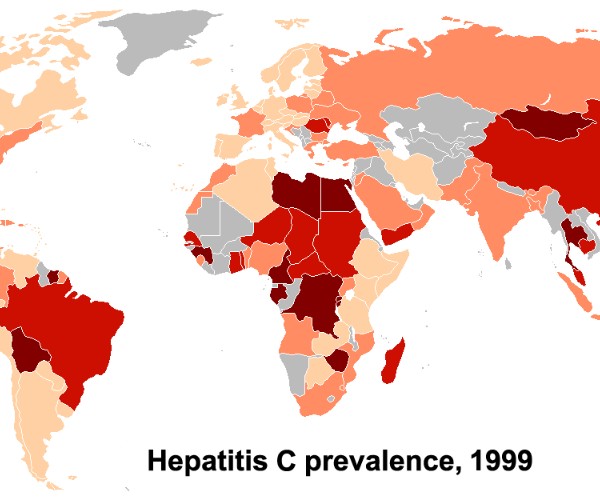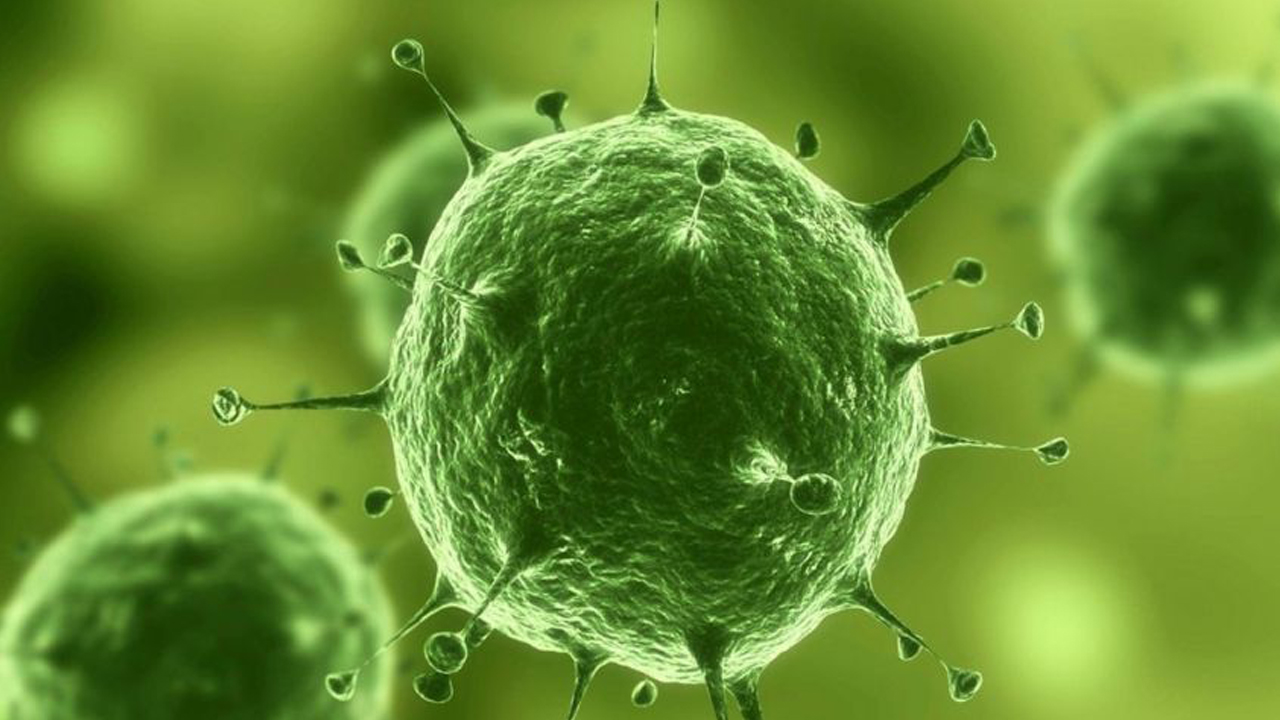Once again this year, with the first case found in Parma in a 6-year-old girl in late September, the flu season has officially begun. Although it will take a while to get into full swing, aided by the still mild temperatures that do not allow viruses to multiply and spread efficiently, one should not feel too safe. In a few weeks, the situation will be quite different, and the likelihood of finding oneself in bed with a high fever, cold, cough, general malaise, and bone pain will be decidedly high for everyone.
Experts predict that about 6 million Italians will fall ill and that the viruses circulating will be particularly aggressive. To avoid the discomforts and risks of complications associated with the most classic and frequent of winter ailments, the Ministry of Health and all health institutions at the international level recommend, as they do every year, taking the seasonal flu vaccine, which is effective and safe at all ages (starting from the 6th month of life) and in any category of people, including the period of pregnancy and lactation (unless specific individual contraindications are extremely rare).
Vaccination is especially important for the elderly (over65 years old), people with chronic respiratory (asthma, chronic obstructive pulmonary disease-BPCO, cystic fibrosis, etc.), cardiovascular (heart failure, coronary artery disease, atrial fibrillation, etc.), metabolic (diabetes, etc.), blood (coagulation disorders, anemia, etc.), or immune system (congenital or acquired immunodeficiency) diseases.) or the immune system (congenital or acquired immunodeficiency), as well as cancers, chronic inflammatory bowel disease (ulcerative colitis, Crohn’s disease, etc.) and/or malabsorption, renal or hepatic failure, and other conditions that increase the risk of severe complications (pneumonia, respiratory and cardiometabolic decompensation, encephalitis, etc.) and influenza mortality.
In all these cases, as well as in pregnancy, those in occupations in contact with the public, at high risk of virus transmission, and/or of public utility (health care personnel, veterinarians, animal keepers, law enforcement, etc.) and blood donors, the flu vaccine is offered free of charge by the National Health Service (NHS). The rest of the population will have to pay for it out of their own pockets, but at a cost of a few euros, certainly less than the cost of the drugs that would be needed to keep flu symptoms under control.
The preparations available today for influenza vaccination are numerous, have different characteristics, and can be tri-valent (i.e., able to protect against three types of viruses) or quadri-valent (i.e., able to protect against four types of viruses). Those trivalents indicated for the 2019-20 season, based on the types of viruses expected to have the greatest prevalence in the coming months, contain the following antigens: A/Brisbane/02/2018 (H1N1)pdm09; A/Kansas/14/2017 (H3N2); a B/Colorado/06/2017 (B/Victoria/2/87 lineage). In addition, the quadrivalent vaccines available in Italy contain B/Phuket/3073/2013-like (B/Yamagata lineage) as the fourth antigen.
The vaccine to be taken should always be agreed upon with the family doctor or, in the case of children, with the Freely chosen Pediatrician, who will also take charge of its administration through a harmless subcutaneous injection in the upper arm or, for younger children, in the thigh (alternatively, one can contact the nearest Vaccination Center). In order not to be blindsided by the viruses before you have developed sufficient immune protection (it takes about 15 days after the vaccine is administered), it is recommended to get vaccinated between late October and early November or, at any rate, by mid-December (also in view of the fact that Christmas celebrations are at very high risk of infection). However, if you have not been sick before, you can take the vaccine even in early January.
In addition to the seasonal vaccine, to reduce the risk of contracting the flu and other seasonal illnesses carried by viruses and bacteria, it is important to adhere to well-known and proven rules of hygiene and practical prevention. That is: wash hands often, with soap and water or disinfectant preparations; avoid touching your nose, mouth and eyes with hands that are not perfectly clean; limit spending time in crowded enclosed places (public transportation and offices, cinemas, theaters, stores, gyms, etc.); avoid being near people with suspected respiratory symptoms or who are already ill; support the body’s defenses through healthy diet (including fresh foods rich in vitamins and antioxidants), good hydration (1.5-2 liters of fluids per day), sufficient sleep, moderate physical activity, avoiding smoking and stress; ventilate the rooms in which you stay often, especially if there are family members or co-workers with cold symptoms.
Sources: EpiCentro-Istituto Superiore di Sanità (ISS)(www.epicentro.iss.it/influenza/Raccomandazioni-Ministero); Ministry of Health – Influenza portal(www.salute.gov.it/portale/influenza/homeInfluenza.jsp)












